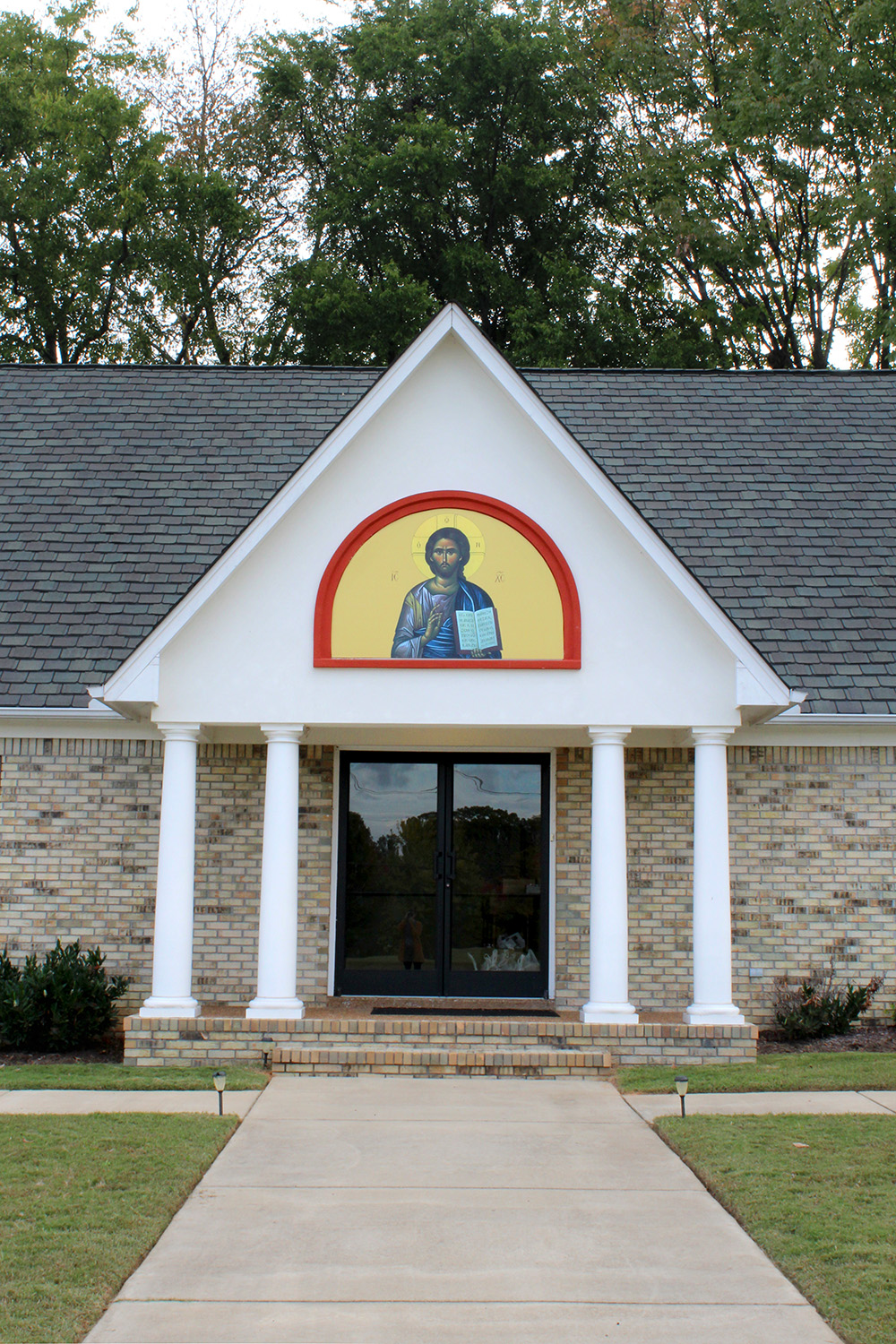
The Orthodox Christian faith is that faith "handed once to the saints," passed on in Holy Tradition to the apostles by Jesus Christ, and then handed down from one generation to the next, without addition or subtraction.
The sole purpose of Orthodox Christianity is the salvation of everyhuman person, uniting us to Christ in the Church, transforming us in holiness, and imparting eternal life. This is the Gospel, the good news, that Jesus is the Messiah, that he rose from the dead, and that we may be saved as a result.
Orthodox Christians worship the Father, Son, and Holy Spirit—the Holy Trinity, the one God. Following the Holy Scriptures and the Church Fathers, the Church believes that the Trinity is three divine persons who share one essence. It is paradoxical to believe thus, but that is how God has revealed himself.
The Church is the Body of Christ, a theanthropic (divine-human) communion of Jesus Christ with his people. The sole head of the Church is Christ. The traditional belief in the Church is attested to in the Nicene-Constantinopolitan Creed as the one, holy, catholic and apostolic Church. By this is meant that the Church is undivided and not many (one), sanctified and set apart for the work of God (holy), whole and characterized by fullness and universality (catholic), and has at its essence the going out into all the world to preach the Gospel and baptize the nations (apostolic).
Worship in the Orthodox Church is understood to be the highest calling of mankind, to fall down at the feet of the Almighty God, the Holy Trinity, and to be given over entirely to him, becoming united mystically with him in the holy mysteries, or the sacraments. To worship God is to fulfil the purpose for which we were created. In the mysteries, the Christian is united with God, becoming a partaker of the divine nature (II Peter 1:4). With all the sacraments, God makes his presence known in his divine energies, using physical means to convey Himself to His people.
In the Orthodox Church, salvation is understood as theosis, the infinite process of becoming more and more like God, meaning that the Christian may become more and more soaked with the
divine life, becoming by grace what Christ is by nature. As St. Athanasius the Great said, "God became man so that man might become god." Salvation is a process which encompasses not only the whole earthly life of the Christian, but also the eternal life of the age to come. Salvation is thus not only becoming sinless (purification), but it is also a progress in being filled with the divine light. Additionally, it is becoming so filled with God in union with Him that the Christian shines forth with the likeness of God. source
The primary statement of what the Church believes about God is to be found in the Nicene-Constantinopolitan Creed:
I believe in one God, the Father Almighty, Maker of Heaven and Earth and of all things visible and invisible. And in one Lord Jesus Christ, the Son of God, the only-begotten, begotten of the Father before all ages. Light of light; true God of true God; begotten, not made; of one essence with the Father, by Whom all things were made; Who for us men and for our salvation came down from Heaven, and was incarnate of the Holy Spirit and the Virgin Mary, and became man. And He was crucified for us under Pontius Pilate, and suffered, and was buried. And the third day He arose again, according to the Scriptures, and ascended into Heaven, and sits at the right hand of the Father; and He shall come again with glory to judge the living and the dead; Whose Kingdom shall have no end. And in the Holy Spirit, the Lord, the Giver of Life, Who proceeds from the Father; Who with the Father and the Son together is worshipped and glorified; Who spoke by the prophets. In one Holy, Catholic, and Apostolic Church. I acknowledge one baptism for the remission of sins. I look for the resurrection of the dead and the life of the world to come. Amen.
The Nicene-Constantinopolitan Creed is the product of two Ecumenical Councils in the fourth century. Delineated in the midst of a life-and-death controversy, it contains the essence of New Testament teaching about the Holy Trinity, guarding that life-giving truth against those who would change the very nature of God and reduce Jesus Christ to a created being, rather than God in the flesh. The creeds give us a sure interpretation of the Scriptures against those who would distort them to support their own religious schemes. Called the "symbol of faith" and confessed in many of the services of the Church, the Nicene Creed constantly reminds the Orthodox Christian of what he personally believes, keeping his faith on track. source
To learn more about the Orthodox Christian faith:
The Orthodox Faith - online catechism by Fr. Thomas Hopko
Ancient Faith Radio - podcasts and music streaming
A Brief History of the Orthodox Church - from Orthodoxwiki


